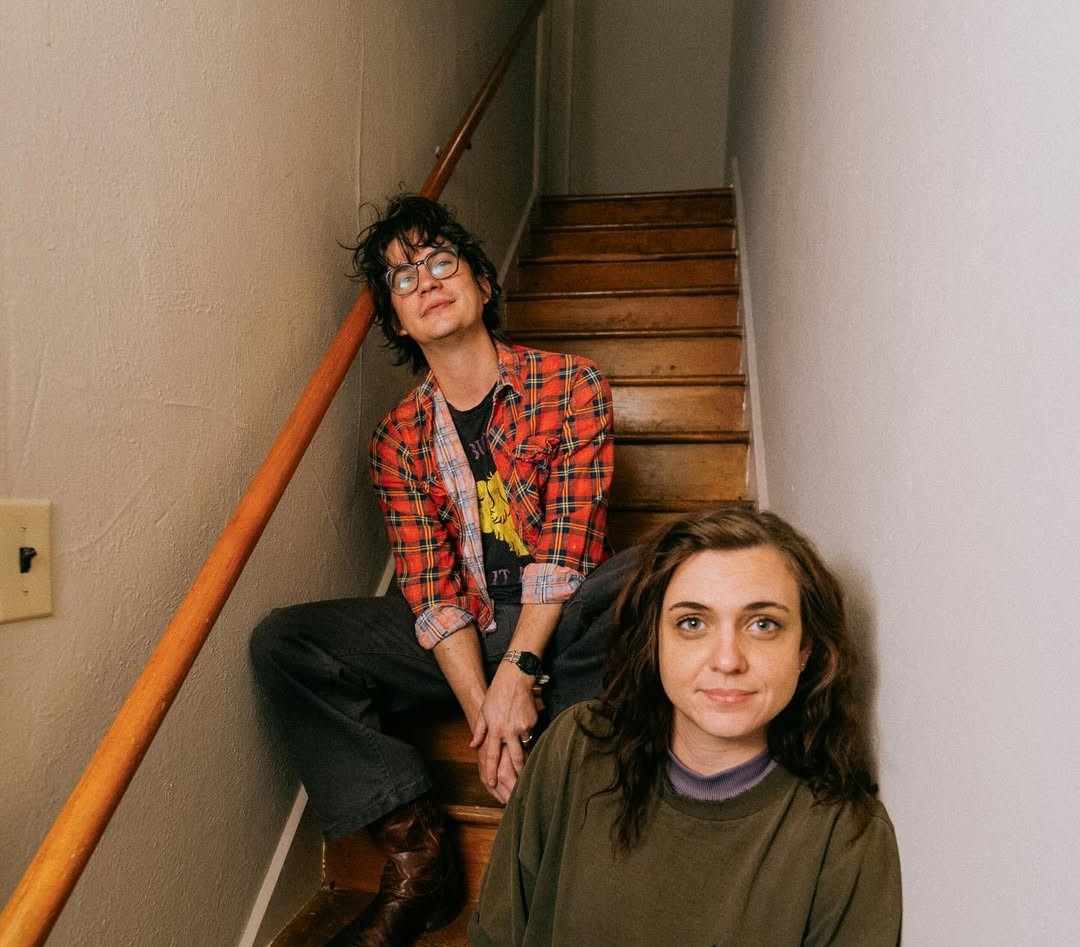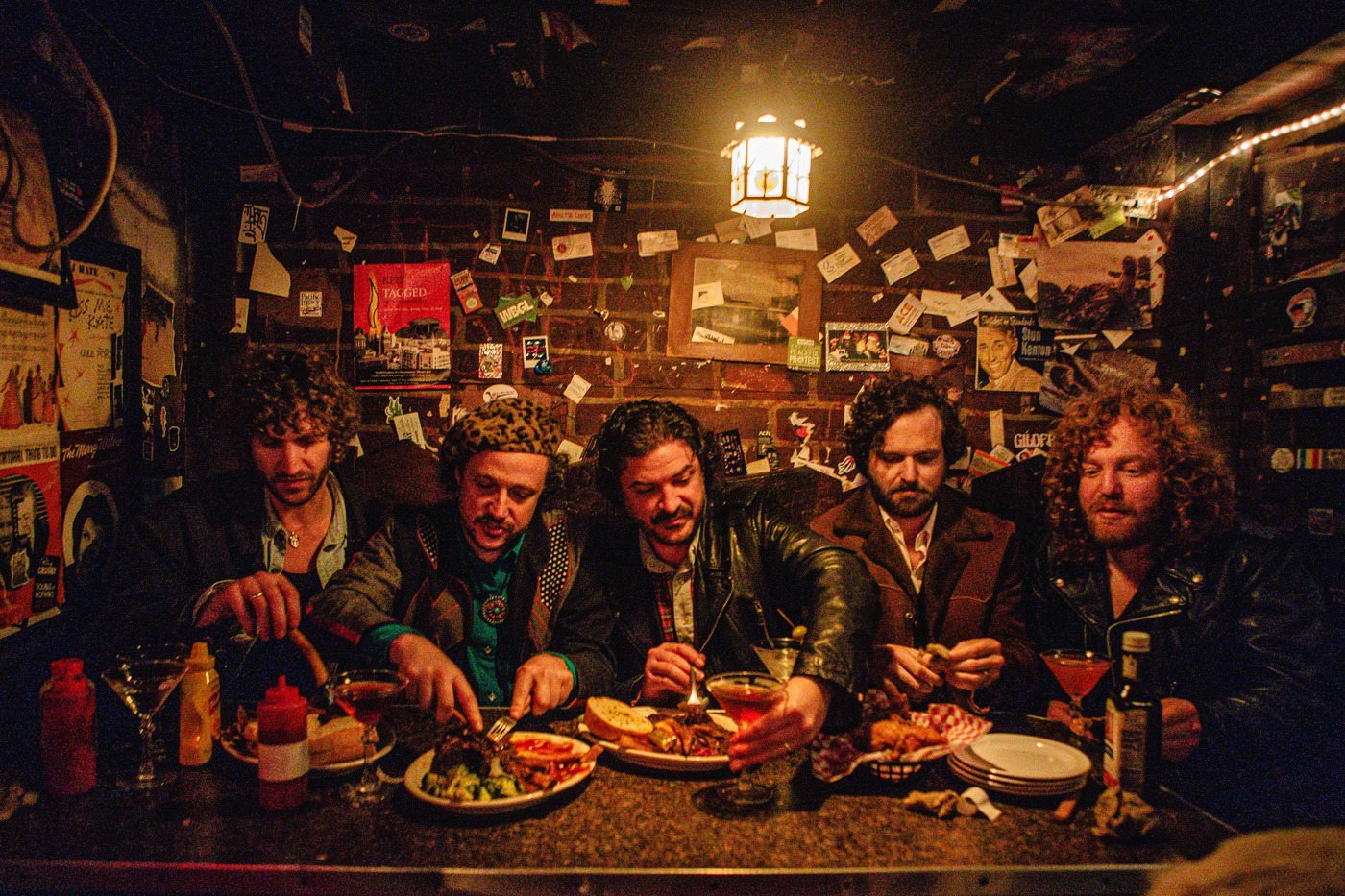Matthew Shipp interview
Matthew Shipp began playing piano at a very early age. His mother was a friend of legendary trumpeter Clifford Brown. Shipp studied with saxophonist Joe Maneri and had private lessons with Dennis Sandole. In the 1980s Shipp worked in New York and appeared on dozens of albums as a leader. He also actively worked as a producer and sideman. Shipp’s influences varies from Free Jazz to the Hip Hop and Electronic Music.
Shipp was a longtime member of saxophonist David S. Ware’s quartet with bassist William Parker and alternating drummers. He has recorded or performed with many other musicians, including High Priest and Beans of Antipop Consortium, Michael Bisio, Guillermo E. Brown, Daniel Carter, Whit Dickey, Newman Taylor Baker, DJ Spooky, El-P, Susie Ibarra, Mat Maneri, Roscoe Mitchell, Joe Morris, Ivo Perelman, and Mat Walerian.
Matthew Shipp’s latest album is a new solo piano recording – The Piano Equation.
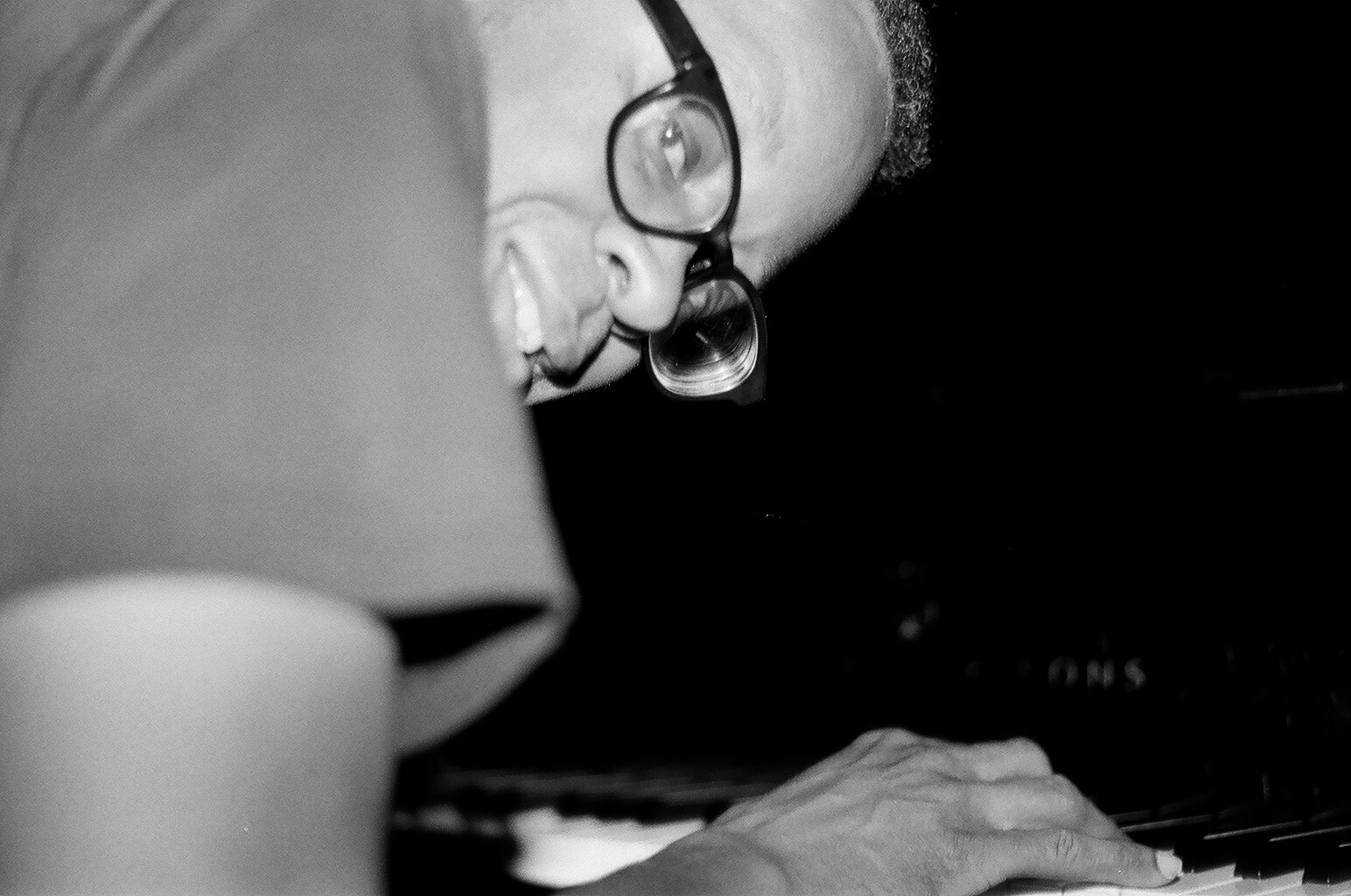
What’s the story behind The Piano Equation? What were you listening while creating your latest album?
In the period that I was recording this album I don’t think there was any special listening program I was going through –I did recently rediscover my love of Bud Powell. I had also been rediscovering Money Jungle with Duke, Mingus and Max. Duke’s piano playing on that album is so rich and pregnant with implied vectors. Had also checked in a little Chopin and Bach. And some of the pianists; the legendary Hasaan [Hasaan Ibn Ali]- who recorded with Max Roach. Also a while back I had been checking out some Sam Rivers with Dave Holland.
“I am inspired by the whole jazz continuum”
Would it be possible to name a few Jazz artists that inspire your work?
I am inspired by the whole jazz continuum – as a basic premise of who I am. I get different things out of different artists for different reasons.
When did you begin playing music?
When I was 5, I was taken by a theme the organist in my parents’ church played. My parents are Episcopalian – and the theme was very Gregorian chant like. I approached her about wanting to play it and she suggested I learn piano before organ and my lessons started with her.
“To me music is music”
You worked with variety of styles. What do you find the most interesting in other genres of music?
To me music is music. I’ve tried to keep my core identity as a composer/improviser, but in different projects what might seem as a different type of music, is just a different orchestration. In other words it is me just wearing different cloths
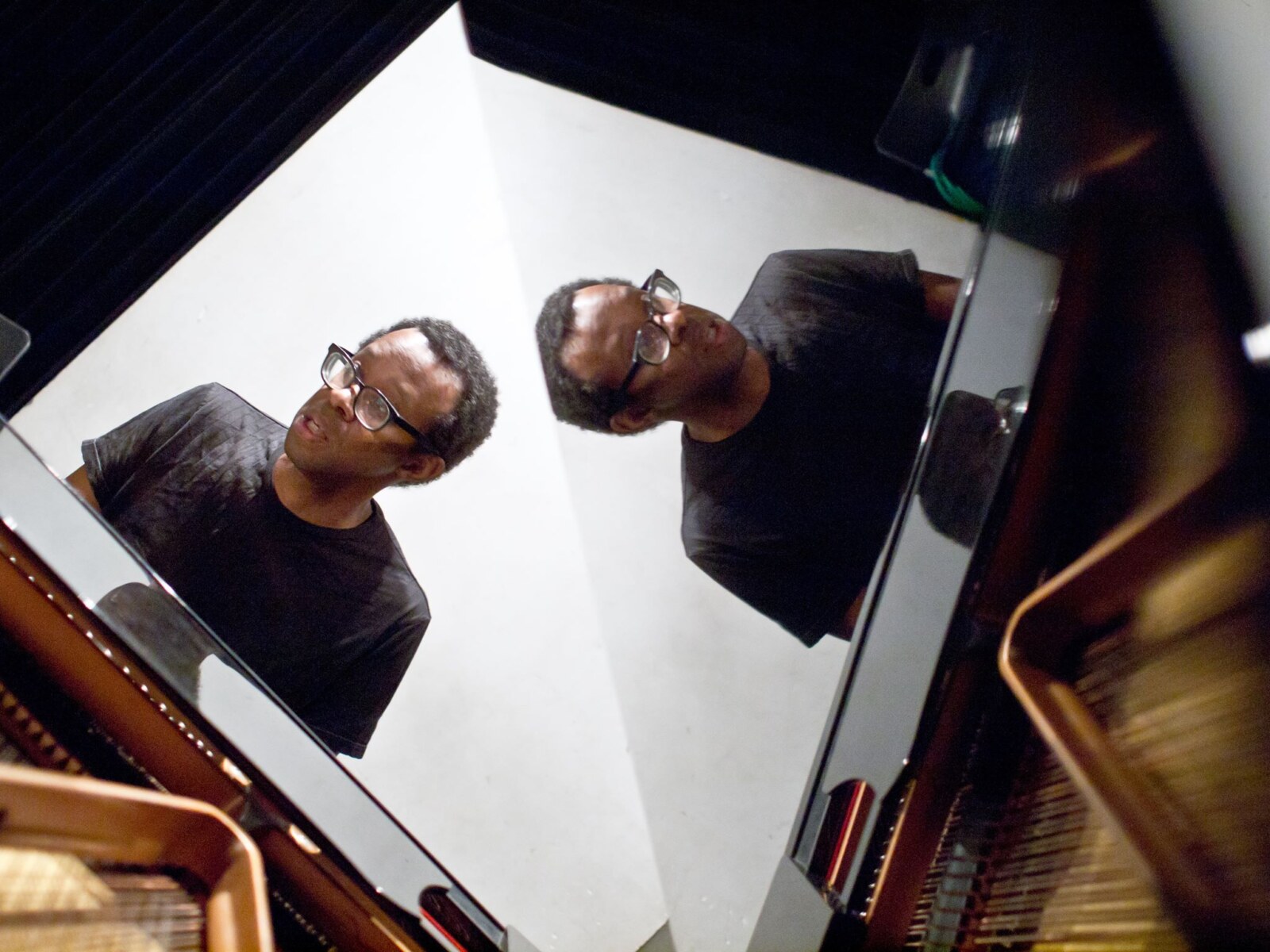
Do you see Jazz moving in new directions?
I can not speak on or for Jazz, I just know what is in my corner to do. I am not even sure what a direction is. I am a composer that deals with developing a music that is an outgrowth of who I am. I am just trying to express my worldview, not really interested in being in a school of playing, or to some extent not really interested in what else is happening in the music at this point in my life. I also would never have an opinion about what other artists are doing in regards to direction, for I cannot get in their minds and decide what is good for them… and being that I am so focused on my contribution then I am not the person to see the whole picture as far as the whole Jazz World and where it should or should not go.
“Free Jazz as a vortex of information”
What can you tell us about the collaboration with DJ Spooky?
I first saw DJ Spooky djing at a party. I don’t remember the year. At the time the idea of Jazz and Beats coming together was really in the air. I approached him after and was surprised he knew my work. He is also a writer and I was taken by a couple of articles he had written especially one that was in The Village Voice. This type of dj culture deals with information theory—and is a vortex of information sharing. In many ways DJ culture fits right in with Free Jazz if you see Free Jazz as a vortex of information. We started to work together both in duet with piano and turntable and quartet; Spooky as a fourth voice with my trio.
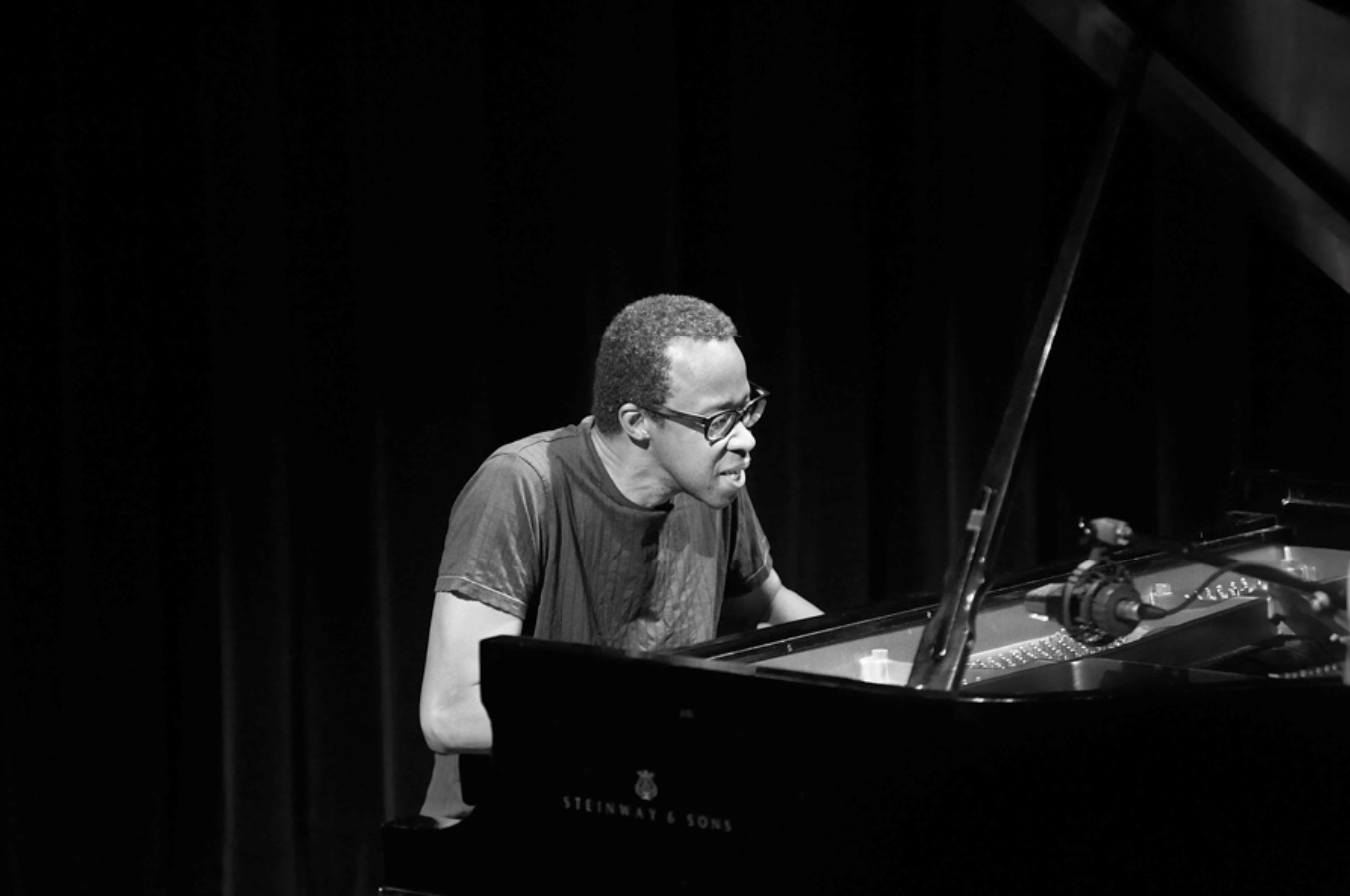
Would you like to share a few words about 4D and Art Of The Improviser? Do you prefer improvisation in Jazz?
Jazz by its nature is improvisation if it is to be Jazz. That is of the essence of the music. Art Of The Improviser is a live cd 1, cd trio, 1 cd solo. 4D is a solo album that was recorded at a performance place in New York, but it was not a live concert. Like most of my albums they are a mixture of my compositions, which are outlines of sorts and have a lot of improvisation, but have some sort of wall as a composition… and some tunes by others… and some free improvisation. I try to mix all these elements into some stew. I am a pianist not a chef but you get the idea.
– John Wisniewski


